Over 40% of land in the northwest that became ineligible for area-based payments in 2017 following floods and landslides last August was still ineligible for the 2018 scheme year.
Figures obtained by the Irish Farmers Journal from DAERA show that 459ha was declared as ineligible in applications to this years’ Basic Payment Scheme (BPS). In total, 68 farm businesses put in force majeure applications.
This compares with 223 farm businesses that claimed for 1,112ha of ineligible land in the 2017 BPS, as a result of the August floods.
The force majeure process used at the time allows land to be claimed for area-based schemes after it has become ineligible for payment in circumstances outside the applicant’s control.
Progress
Many farmers in the northwest have made significant progress this summer in removing flood-deposited material from land. However, there is still significant work to do on some farms, particularly where cashflow is now an issue.
On enquiry, a DAERA spokesperson confirmed that land affected by the August 2017 floods will be considered for force majeure in 2019 if it is still ineligible for payment.
“Farm businesses must provide clear documentation indicating when the land is likely to come back into agricultural use,” the spokesperson said.
The other issue for BPS claims in future years is likely to be with upland ground that was affected by landslides. In these areas, DAERA guidance has been to let upland vegetation regenerate naturally without mechanical intervention. However, this process is likely to take several years.
The DAERA spokesperson said that upland areas which will return to agricultural use through natural regeneration “within a reasonable time” will also be considered under force majeure in 2019.
“Cases of force majeure and exceptional circumstances are determined against their particular circumstances and on an individual basis,” the spokesperson added.
Cash limits flood recovery 12 months on
The availability of cash is limiting recovery work on many of the farms in the northwest that were devastated by the floods of 22 August 2017.
Cultivated fields, surrounded by banks of stones and silt, are a common sight on farms near the Glenelly and Owenkillew rivers. Most farmers chose to store the deposited material on their farms after it was gathered up, rather than apply for a waste export licence to move it off the farm.
The dry summer has provided plenty of opportunity for work to take place on the affected farms, but financing the costly process of lifting deposited material, reseeding, fencing and replacing dead livestock has meant the recovery will take more time on many farms.
The Irish government provided an aid package for farmers in Co Donegal that were affected by the floods, with up to €15,000 available per farm.
Sources indicate that there is a willingness within DAERA for support to be paid to farmers affected in NI, however an aid package cannot be signed off without a minister in place.
Department officials have delivered on some measures that did not require approval by a minister. These included free fallen stock collection, a 70% advance on 2017 Basic Payments and a £500,000 package to the Loughs Agency for remedial work along watercourses.
Farmer focus
Drew Fleming, Gortin
“It is very disappointing that money could not be paid out to farmers because our politicians are still not agreeing at Stormont. The Loughs Agency is helping with fencing now, but a lot of farmers had to push on themselves. I had 2km of fencing to replace that runs from hill ground to lowland fields. Most of this has been completed, but there is still some work. I had 40 acres under water and 11 acres still need a reseed. Two diggers and two dumpers cost me £120/hr so the costs soon built up.”
Dermot O’Brien, Glenelly
“The measures rolled out by civil servants have been welcomed, but at the end of the day it is just a drop in the ocean. Grant aid is needed to make a real difference on farms. Farming in the Glenelly Valley would have been finished if it wasn’t for the good summer that allowed work to be done to get land back into shape. Almost all farmers in the area were affected to some extent, with either landslides or floods. For some neighbours the cost of cleaning up land before reseeding and fencing is already running over £20,000.”
Read more
Listen: Tyrone landslides were a ‘one-in-3,000-year event’
More than 1,000ha damaged by floods in NI
Watch: Stormont deadlock limits flood aid options - DAERA
Over 40% of land in the northwest that became ineligible for area-based payments in 2017 following floods and landslides last August was still ineligible for the 2018 scheme year.
Figures obtained by the Irish Farmers Journal from DAERA show that 459ha was declared as ineligible in applications to this years’ Basic Payment Scheme (BPS). In total, 68 farm businesses put in force majeure applications.
This compares with 223 farm businesses that claimed for 1,112ha of ineligible land in the 2017 BPS, as a result of the August floods.
The force majeure process used at the time allows land to be claimed for area-based schemes after it has become ineligible for payment in circumstances outside the applicant’s control.
Progress
Many farmers in the northwest have made significant progress this summer in removing flood-deposited material from land. However, there is still significant work to do on some farms, particularly where cashflow is now an issue.
On enquiry, a DAERA spokesperson confirmed that land affected by the August 2017 floods will be considered for force majeure in 2019 if it is still ineligible for payment.
“Farm businesses must provide clear documentation indicating when the land is likely to come back into agricultural use,” the spokesperson said.
The other issue for BPS claims in future years is likely to be with upland ground that was affected by landslides. In these areas, DAERA guidance has been to let upland vegetation regenerate naturally without mechanical intervention. However, this process is likely to take several years.
The DAERA spokesperson said that upland areas which will return to agricultural use through natural regeneration “within a reasonable time” will also be considered under force majeure in 2019.
“Cases of force majeure and exceptional circumstances are determined against their particular circumstances and on an individual basis,” the spokesperson added.
Cash limits flood recovery 12 months on
The availability of cash is limiting recovery work on many of the farms in the northwest that were devastated by the floods of 22 August 2017.
Cultivated fields, surrounded by banks of stones and silt, are a common sight on farms near the Glenelly and Owenkillew rivers. Most farmers chose to store the deposited material on their farms after it was gathered up, rather than apply for a waste export licence to move it off the farm.
The dry summer has provided plenty of opportunity for work to take place on the affected farms, but financing the costly process of lifting deposited material, reseeding, fencing and replacing dead livestock has meant the recovery will take more time on many farms.
The Irish government provided an aid package for farmers in Co Donegal that were affected by the floods, with up to €15,000 available per farm.
Sources indicate that there is a willingness within DAERA for support to be paid to farmers affected in NI, however an aid package cannot be signed off without a minister in place.
Department officials have delivered on some measures that did not require approval by a minister. These included free fallen stock collection, a 70% advance on 2017 Basic Payments and a £500,000 package to the Loughs Agency for remedial work along watercourses.
Farmer focus
Drew Fleming, Gortin
“It is very disappointing that money could not be paid out to farmers because our politicians are still not agreeing at Stormont. The Loughs Agency is helping with fencing now, but a lot of farmers had to push on themselves. I had 2km of fencing to replace that runs from hill ground to lowland fields. Most of this has been completed, but there is still some work. I had 40 acres under water and 11 acres still need a reseed. Two diggers and two dumpers cost me £120/hr so the costs soon built up.”
Dermot O’Brien, Glenelly
“The measures rolled out by civil servants have been welcomed, but at the end of the day it is just a drop in the ocean. Grant aid is needed to make a real difference on farms. Farming in the Glenelly Valley would have been finished if it wasn’t for the good summer that allowed work to be done to get land back into shape. Almost all farmers in the area were affected to some extent, with either landslides or floods. For some neighbours the cost of cleaning up land before reseeding and fencing is already running over £20,000.”
Read more
Listen: Tyrone landslides were a ‘one-in-3,000-year event’
More than 1,000ha damaged by floods in NI
Watch: Stormont deadlock limits flood aid options - DAERA




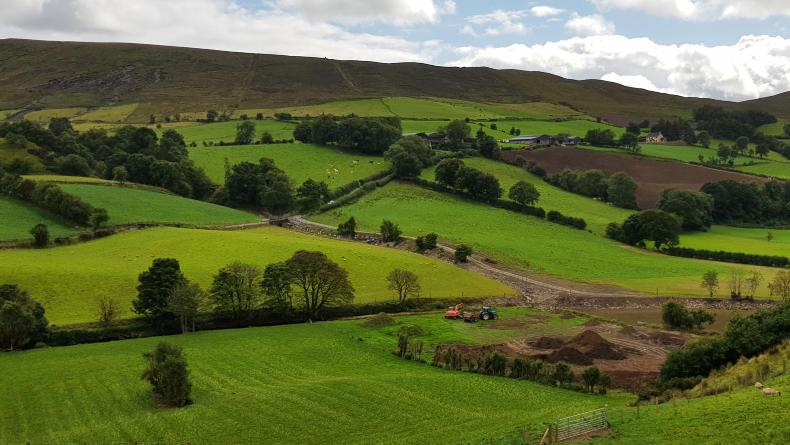
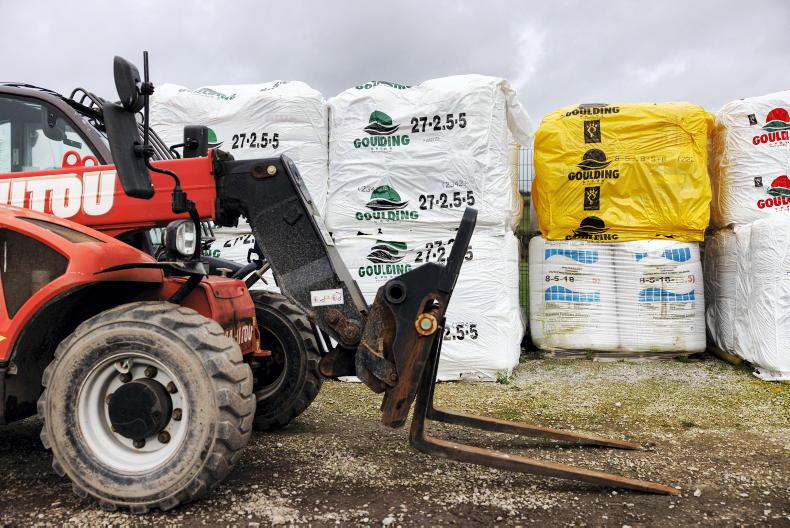

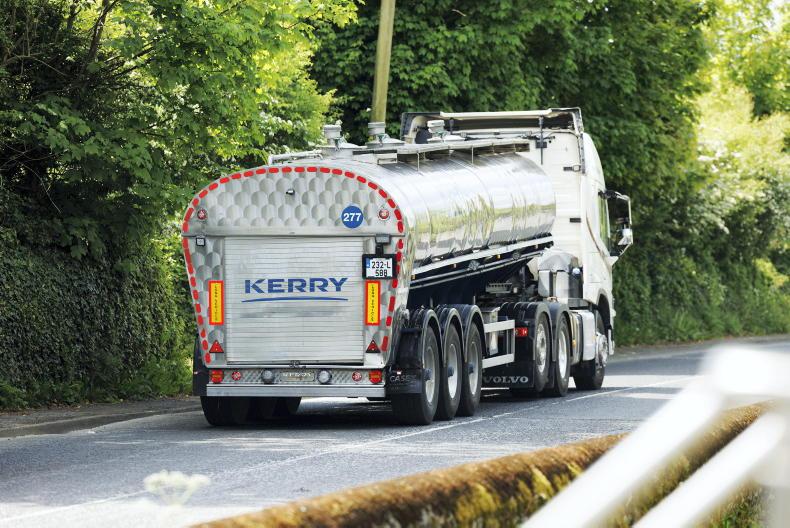
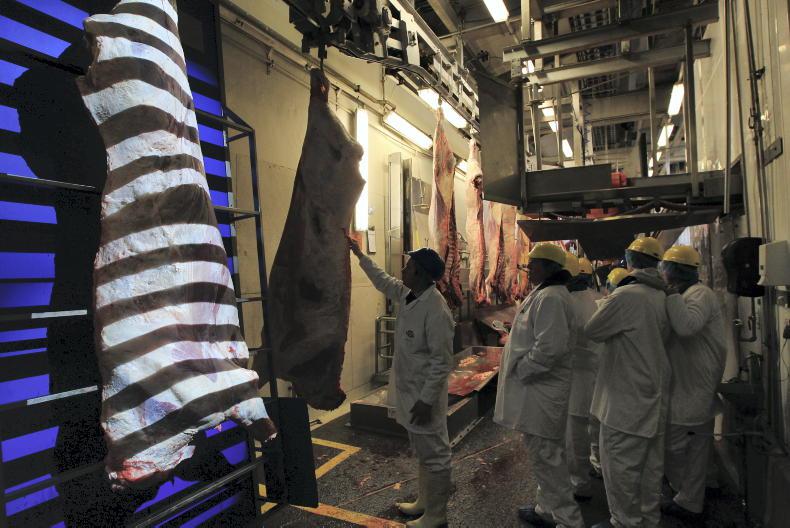
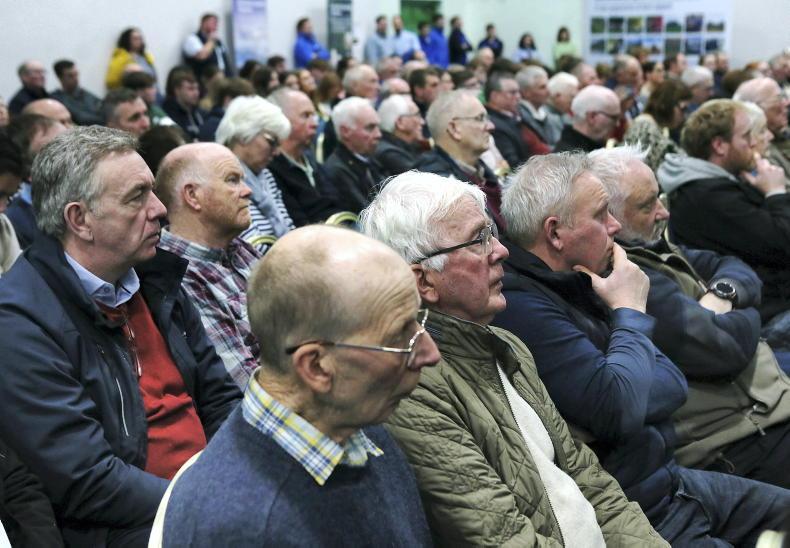
SHARING OPTIONS